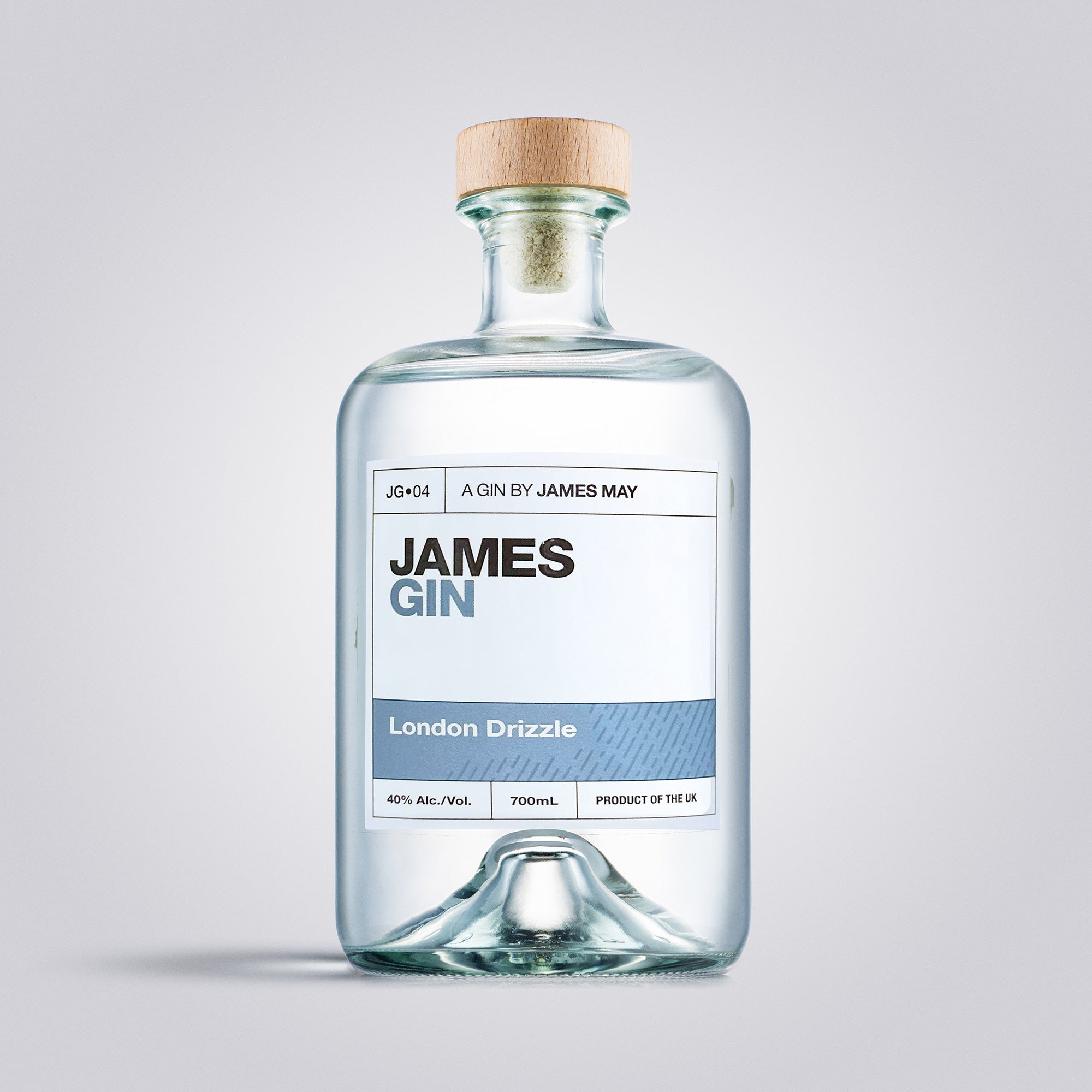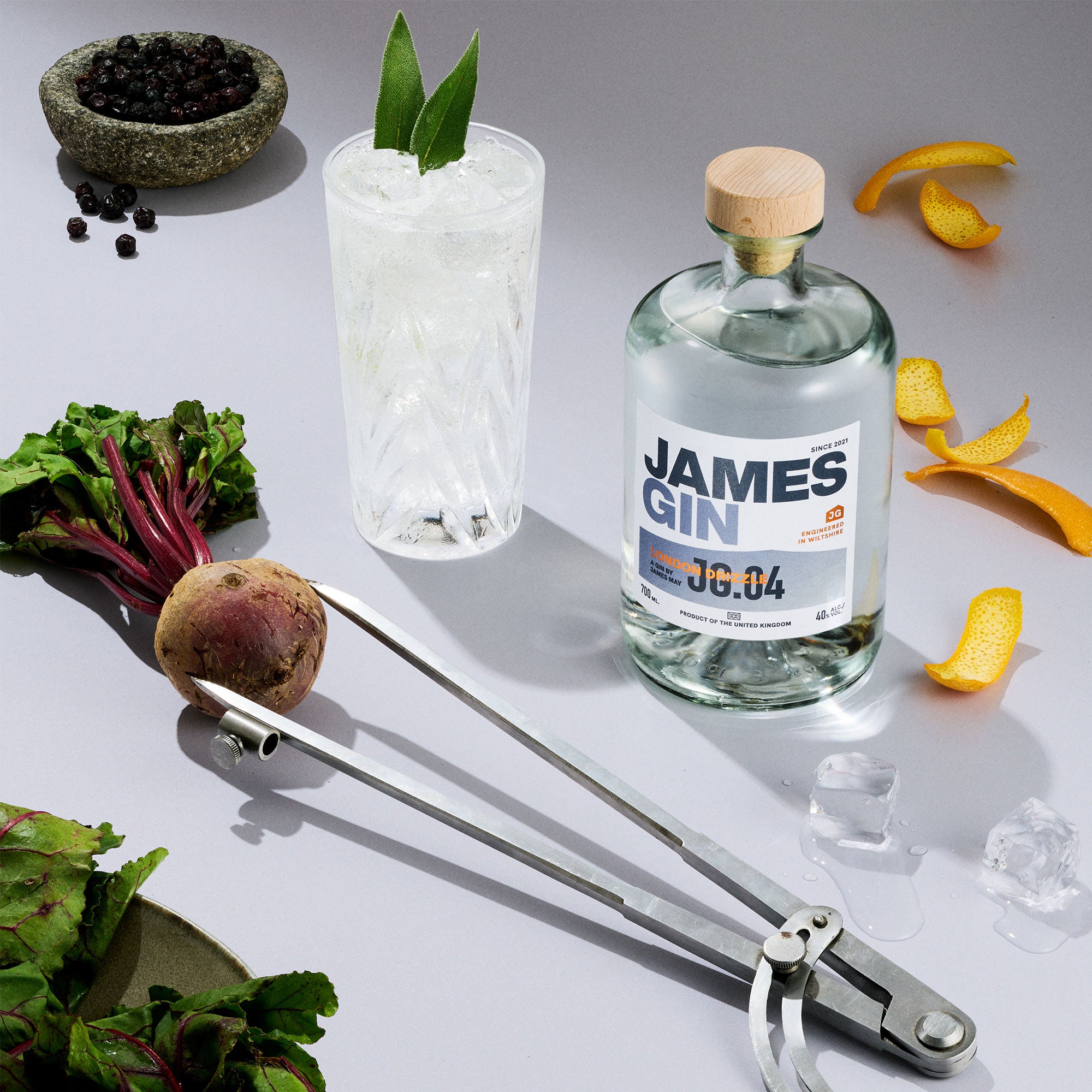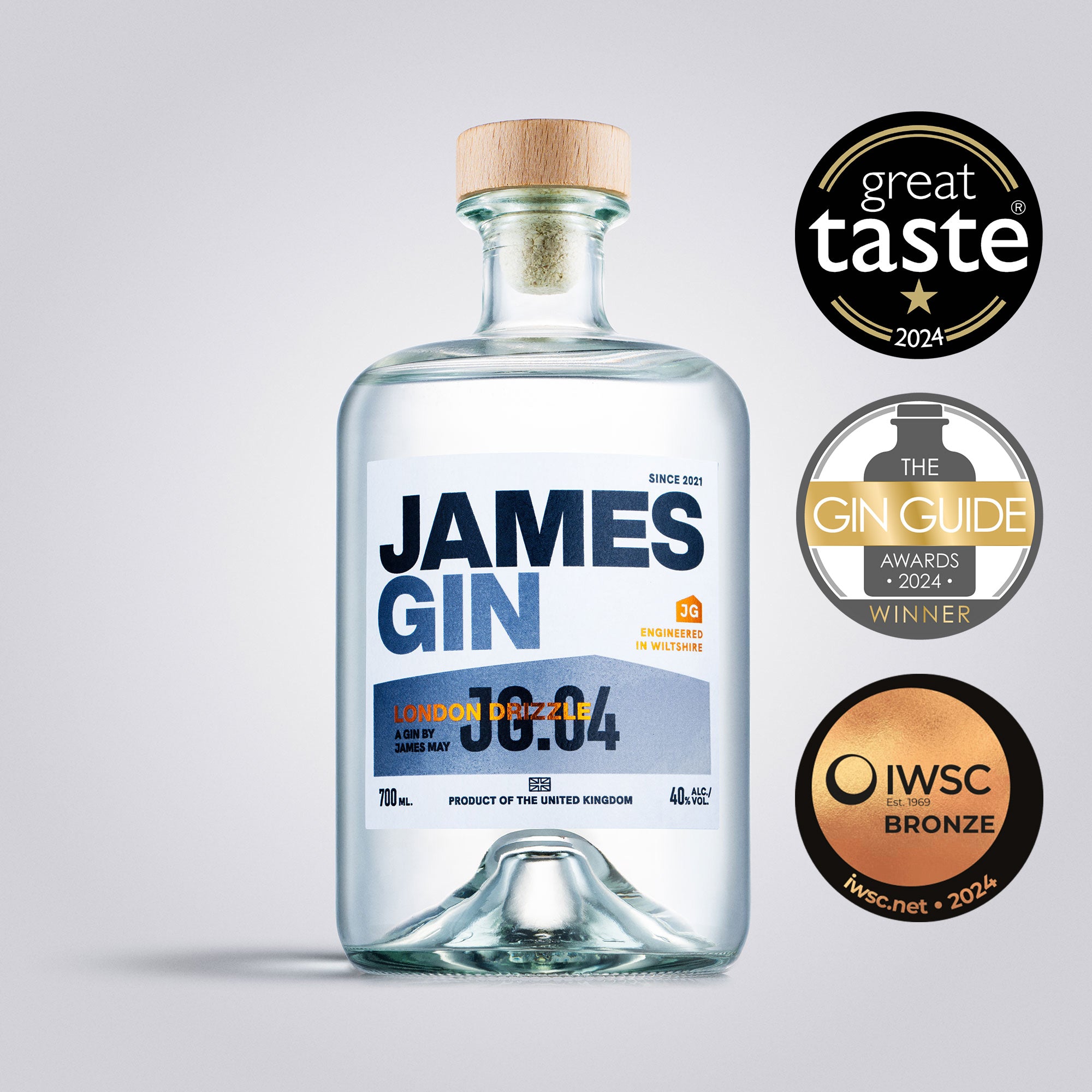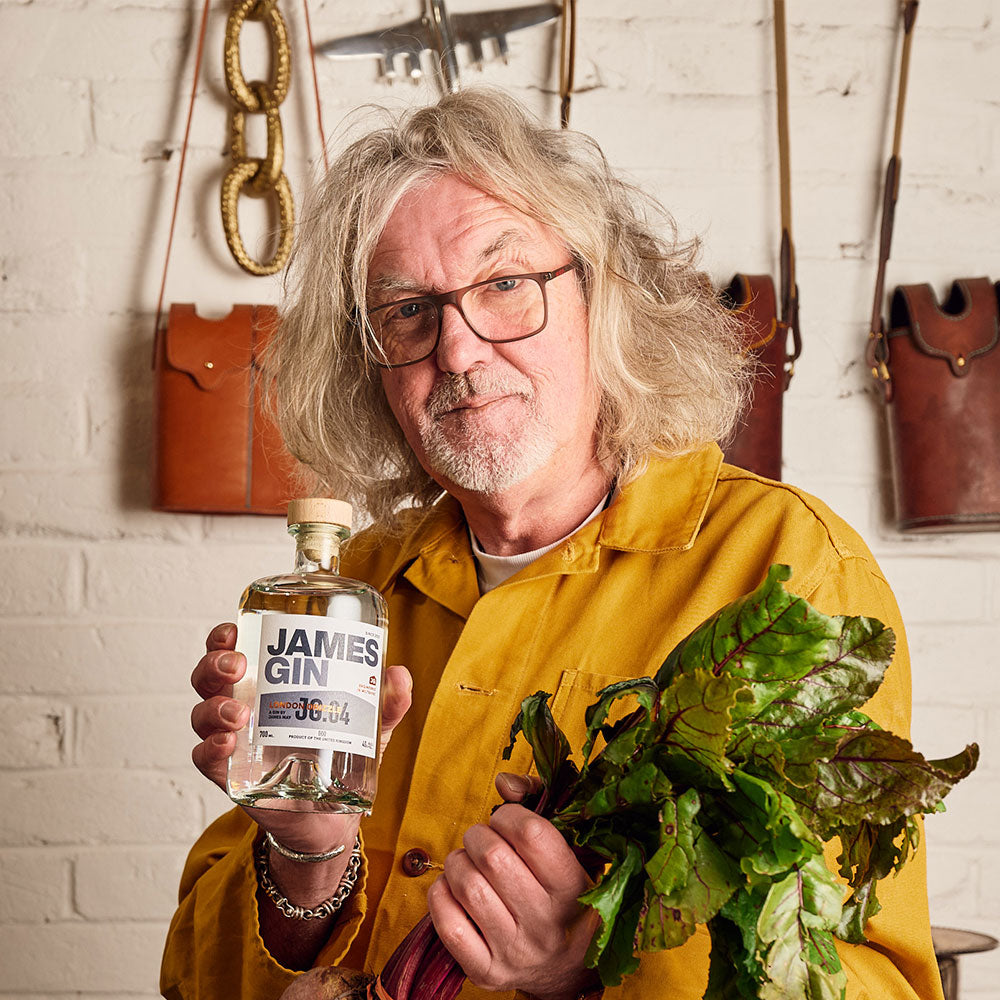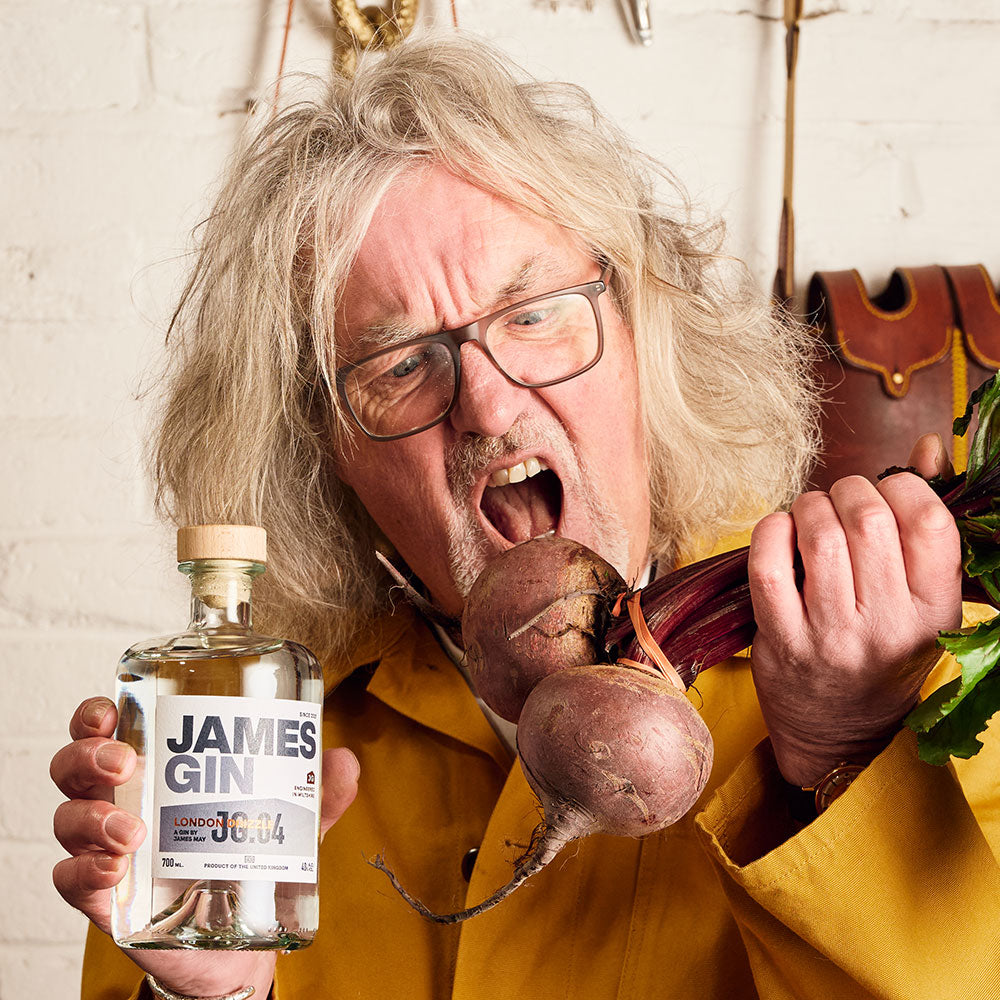Juniper: Gin must contain juniper, or it isn’t gin. In fact, the name ‘gin’ is a shortening of the Dutch word for juniper, ‘jenever’. Not to be confused with ‘Geneva’, which is both a place and a convention but not a drink.
Coriander Seeds: Some people are genetically indisposed towards coriander and believe it tastes of soap. They’re just weirdos, so it’s in the gin.
Angelica Root: Angelica Root was a famous 1920s blues singer from the Mississippi region. Here, it's a botanical.
Licorice Root: Seventh son of Angelica (see above), Liquorice was born blind and, therefore became a blues guitarist. His band, The Allsorts, remains unknown beyond the Mississippi Delta.
Orange Peel: A minor 60’s celebrity and lesser-known sister of Emma, criticized for her use of fake tan. Also, the peel from oranges.
Cubeb Pepper: In the Chinese Tang dynasty, physicians administered cubeb pepper to restore appetite, cure "demon vapors", darken the hair, and perfume the body. My gin will also do all of these things, possibly. Let us know how you get on and send photographs.
Rosemary: Not the mythical riveting factory worker of American WWII recruitment posters, just a herb.
Caraway Seed: Finland supplies about 28% of the world's caraway seed. Also, many of the best racing drivers. This is because the word ‘car’ appears in both job descriptions.
Ginger: Although used in traditional medicine and as a dietary supplement, there is no good evidence that consuming ginger or its extracts has any beneficial effect on human health. But just in case it does, it’s in the gin.
Bay: This comes in several forms, such as James, Montego, and San Francisco. Here, it is a leaf, which is easier to fit inside our still.
Lovage: In Celtic traditions, lovage was believed to relieve exhaustion, and the leaves were placed in the shoes of travelers at inns. This tradition has not yet been extended to my pub, so it’s in the gin instead.
Beetroot: According to legend, beet was the root of Aphrodite's ageless beauty. However, as the phrase ‘according to legend’ is a sure sign of craft gin marketing bollocks, here it’s in the gin to make it taste good.
Salt: If you spill salt, you should throw a bit of it over your shoulder. This brings good luck, keeps evil at bay, or irritates the person at the table behind you - depending on your aim. Either way, in this context, it would be an absurd waste of gin.
